AI-Enhanced Biometrics: Precision Redefined in 2025
Categories
In 2025, AI-Enhanced Biometrics are transforming identity verification with unparalleled accuracy, leveraging advanced AI to analyze biometric data like palm veins, facial features, and fingerprints. These systems overcome challenges such as environmental variability and fraud, delivering reliable solutions for global industries.
At Gekonova, we’re advancing our palm vein scanning technology with AI, ensuring secure, precise authentication for diverse applications. This article explores the technical mechanisms of AI in biometrics, key applications, benefits, ethical considerations, and future innovations, highlighting how AI is reshaping authentication.
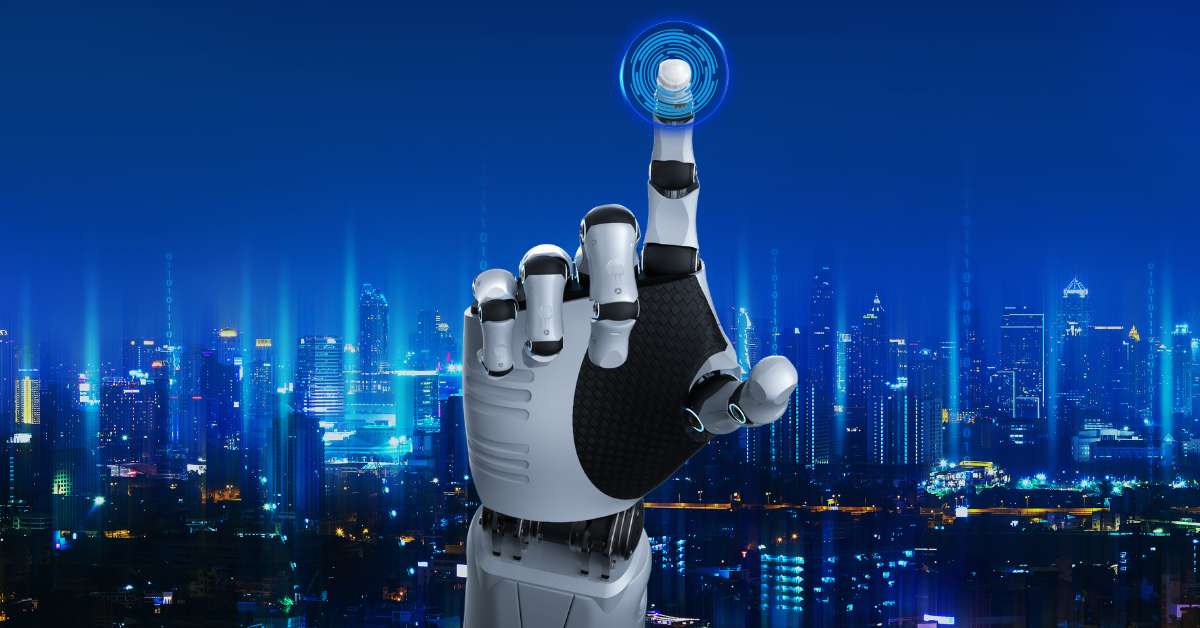
The Technical Integration of AI in Biometric Systems
AI-Enhanced Biometrics rely on sophisticated computational techniques to boost accuracy and efficiency, revolutionizing authentication processes. From feature detection to real-time analysis, AI employs cutting-edge algorithms to ensure robust performance in diverse scenarios. Below, we outline the core technical mechanisms driving this transformation.
Machine Learning for Feature Extraction
Machine learning models enhance biometric systems by extracting precise features. In palm vein scanning, AI algorithms process infrared images to identify unique vein patterns, such as junction points and vein width, with 25% higher precision than traditional methods. Trained on diverse datasets, these models minimize false positives, achieving error rates as low as 0.05% in Gekonova’s systems.
Neural Networks for Matching
Deep neural networks power biometric matching by comparing captured data to stored templates. For facial recognition, they map features like eye spacing or cheekbone structure, using weighted algorithms to ensure accurate matches despite variations like lighting.
Gekonova’s palm vein systems leverage neural networks to achieve a false acceptance rate below 0.0001%, ensuring secure authentication in high-traffic environments.
Real-Time Data Processing
AI enables rapid data processing via edge computing, allowing on-device analysis for sub-second authentication.
For example, palm vein scanners authenticate retail payments in 0.7 seconds, enhancing efficiency without sacrificing accuracy, ideal for dynamic settings like airports or stores.
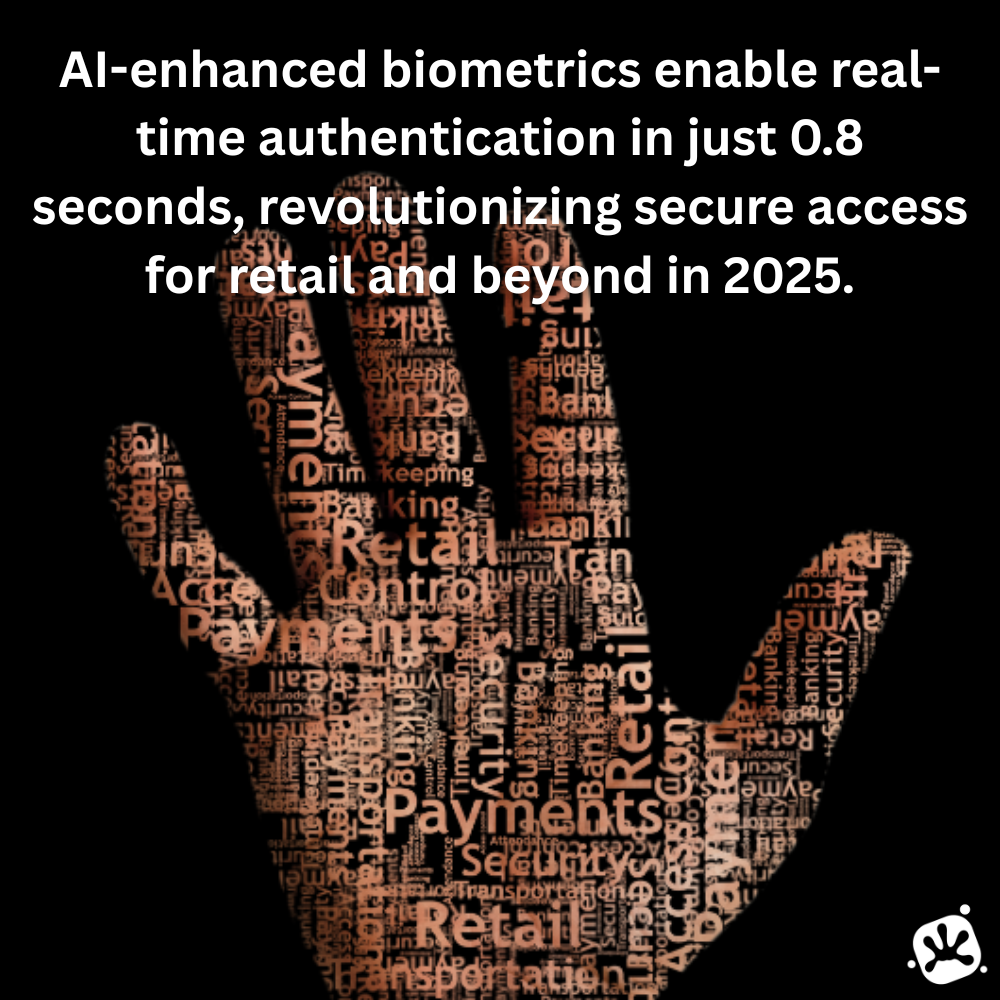
Core Uses of AI in Biometric Technology
AI-Enhanced Biometrics unlock powerful applications that elevate security and precision:
Error Reduction
AI adjusts for environmental factors, like temperature affecting palm vein scans, ensuring 99.8% accuracy in varied conditions.
Liveness Detection
Liveness detection, such as analyzing vein blood flow, thwarts spoofing, bolstering security for banking applications.
Adaptive Learning
AI updates user templates to account for changes like aging, ensuring reliability for long-term use in access control.
Multimodal Integration
Combining biometrics, like facial and palm vein data, achieves a 99.98% match rate, perfect for high-security scenarios like government IDs.
Technical Benefits of AI-Enhanced Biometrics
AI-Enhanced Biometrics offer significant technical advantages, making them essential for modern authentication. They reduce false rejection rates to below 0.08%, compared to 1.5% in non-AI systems, ensuring seamless access for legitimate users in retail and healthcare.
AI also enhances efficiency through techniques like model optimization, cutting processing times by 40% and reducing power consumption, critical for scalable deployments in resource-constrained areas. Additionally, AI supports high-throughput processing, with Gekonova’s palm vein scanners handling 12,000 authentications per hour, ideal for large-scale applications like national ID systems or transit hubs.
Ethical and Technical Considerations in AI Biometrics
AI-Enhanced Biometrics bring technical advancements but also ethical and technical challenges that require careful management for responsible use. Beyond computational demands, ethical issues like fairness and privacy are paramount as biometrics become ubiquitous. Below, we address four key considerations and mitigation strategies.
Addressing Algorithmic Bias
Training models on diverse datasets, ensures that palm vein scanners and other biometric devices deliver uniform accuracy across all users.
Ensuring Data Privacy
Biometric data, like vein patterns, is highly sensitive. We employ end-to-end encryption to minimize data exposure and protect user privacy.
Maintaining Transparency
Opaque AI processes can erode trust. Gekonova provides clear documentation on our AI algorithms, explaining how palm vein data is handled, fostering accountability and user confidence.
Preventing Misuse of Biometric Data
Unauthorized use of biometric data, such as for surveillance, is a risk. Ensuring data is used only for intended purposes like secure payments is an important precaution.
Innovations on the Horizon for AI in Biometrics
The future of AI-Enhanced Biometrics is promising, with innovations set to redefine authentication. Behavioral biometrics, analyzing patterns like hand gestures during scans, could reduce fraud by 20% by verifying user behavior alongside biometric data. Zero-shot learning, enabling authentication without prior user data, could transform emergency scenarios, processing 1,500 identities per hour for aid distribution.
Gekonova is enhancing our palm vein scanners to achieve 0.4-second authentication with 99.999% accuracy by 2026, setting a new standard for secure, contactless solutions in banking and healthcare.
Conclusion: The Technical Future of Biometric Accuracy
In 2025, AI-Enhanced Biometrics are redefining authentication with advanced machine learning, neural networks, and real-time processing. From minimizing errors in palm vein scanning to enabling multimodal precision, AI delivers unmatched reliability across industries. At Gekonova, we’re leading this transformation, integrating AI into our palm vein technology to provide secure, accurate solutions for global markets. As AI-Enhanced Biometrics evolve, we invite readers to embrace their potential, revolutionizing authentication in retail, healthcare, and beyond with precision and trust.

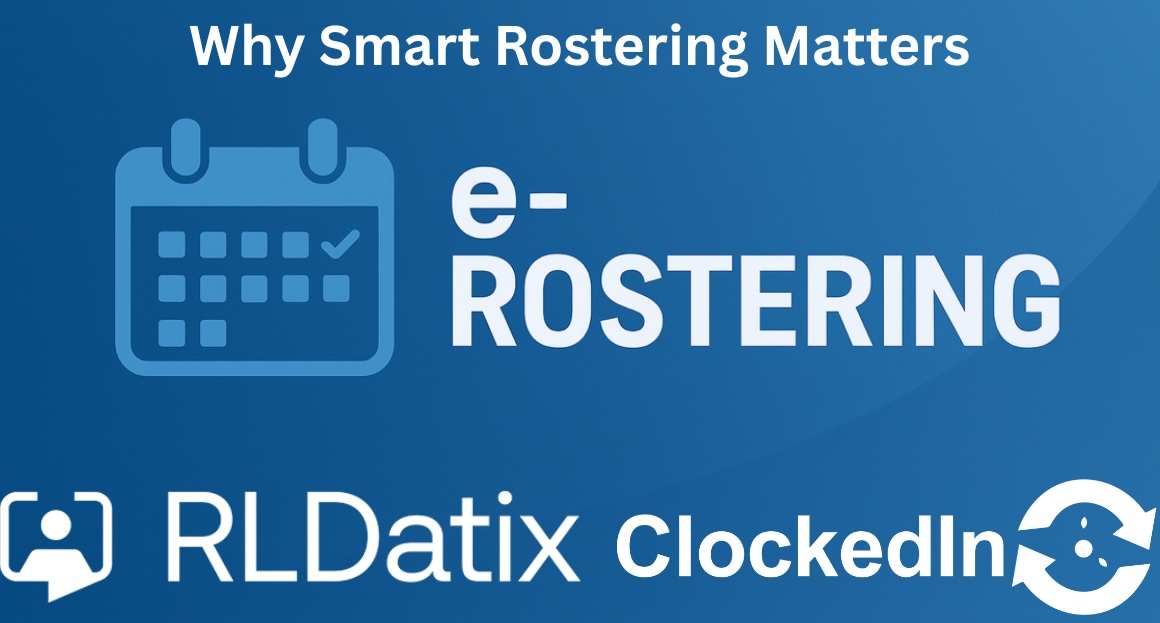
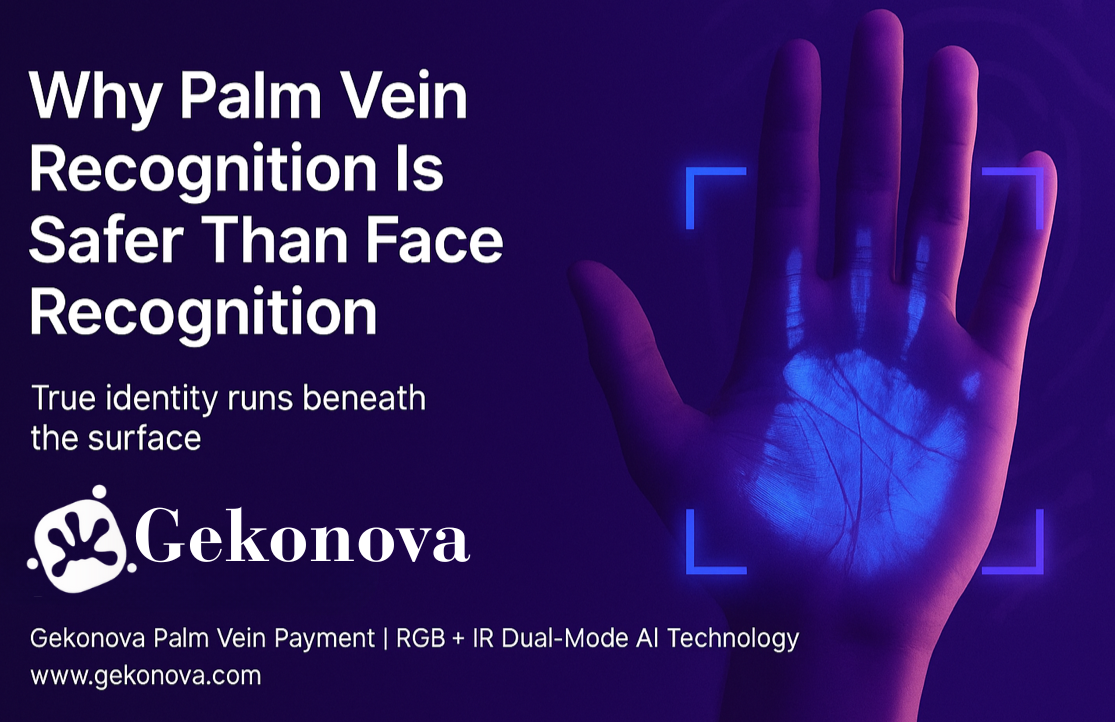
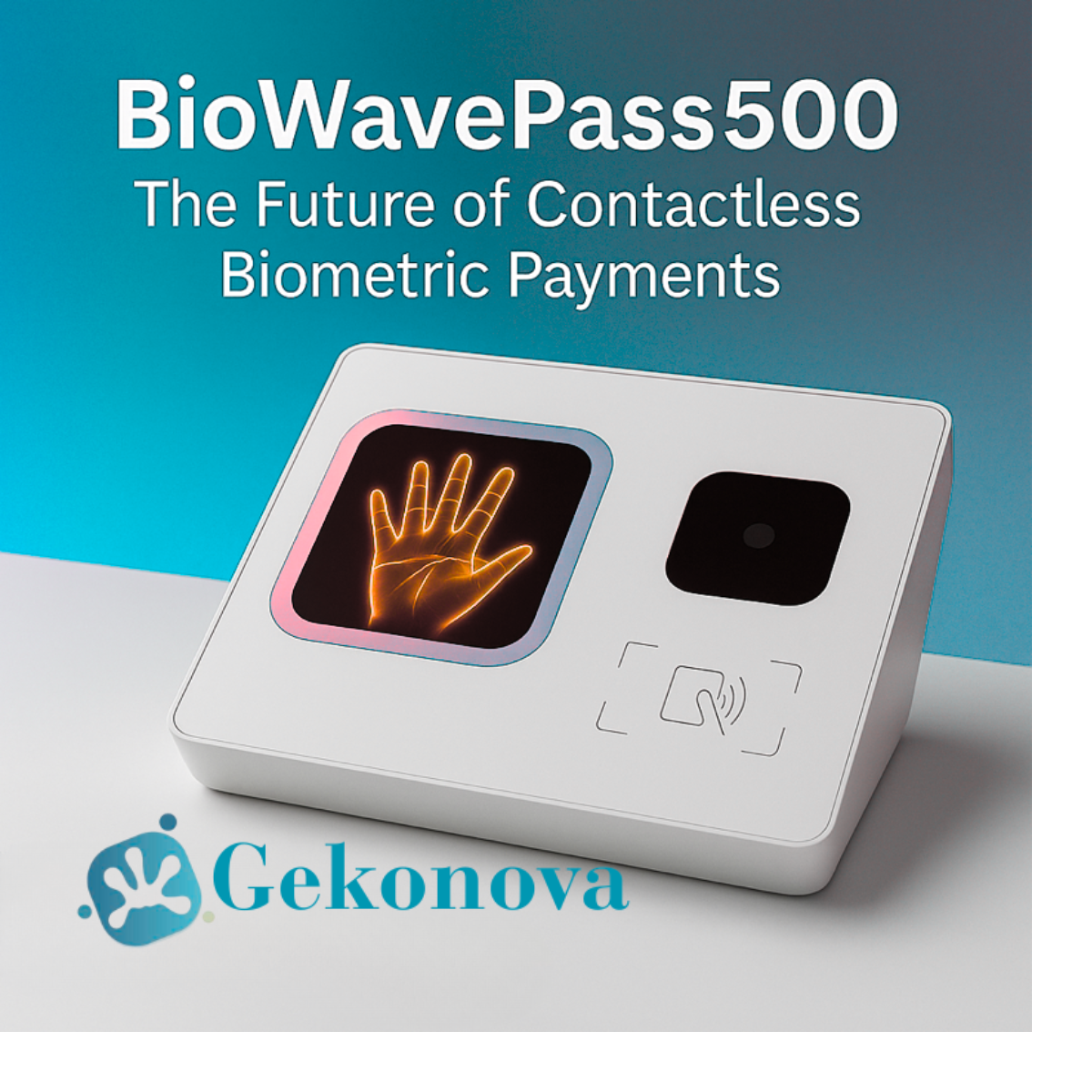
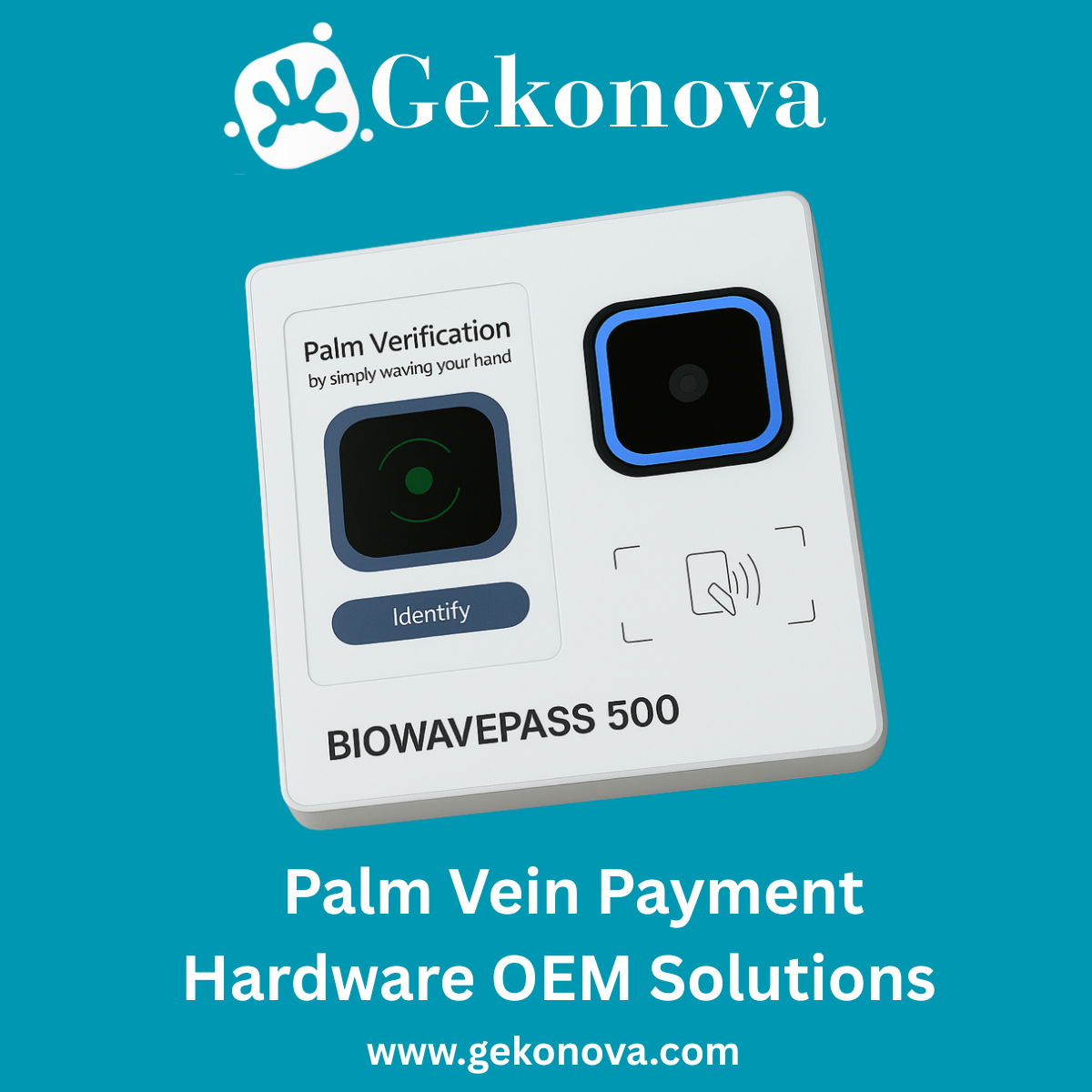

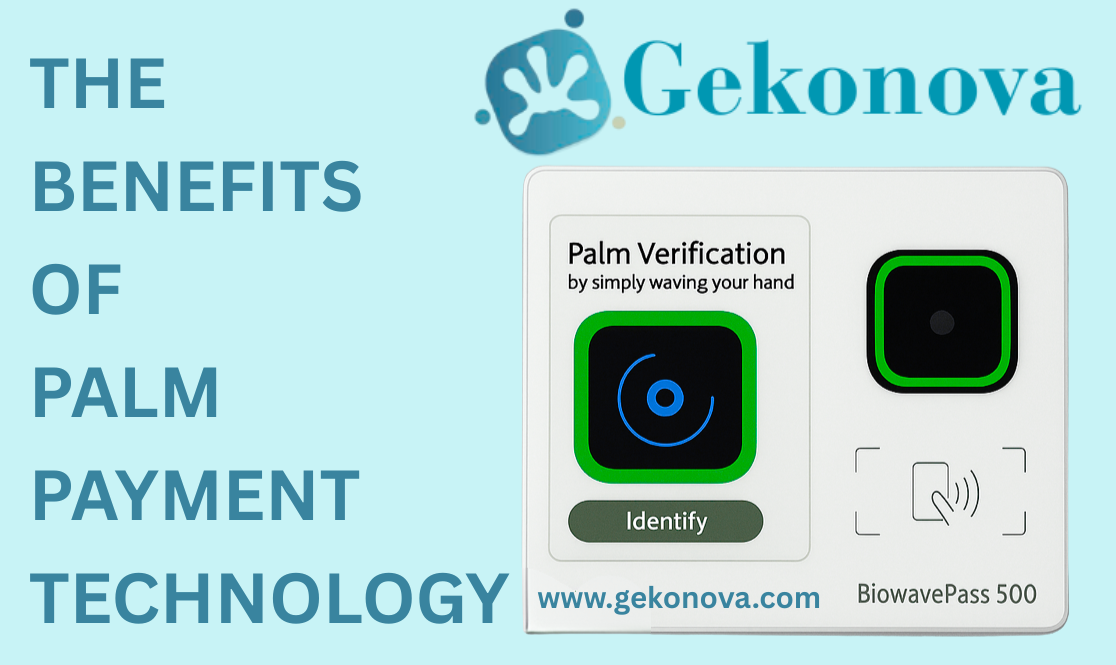
92pakgameapp is pretty cool. I like the selection of Pakistani games they have. Simple to install and fun to play. Check it out for yourself: 92pakgameapp